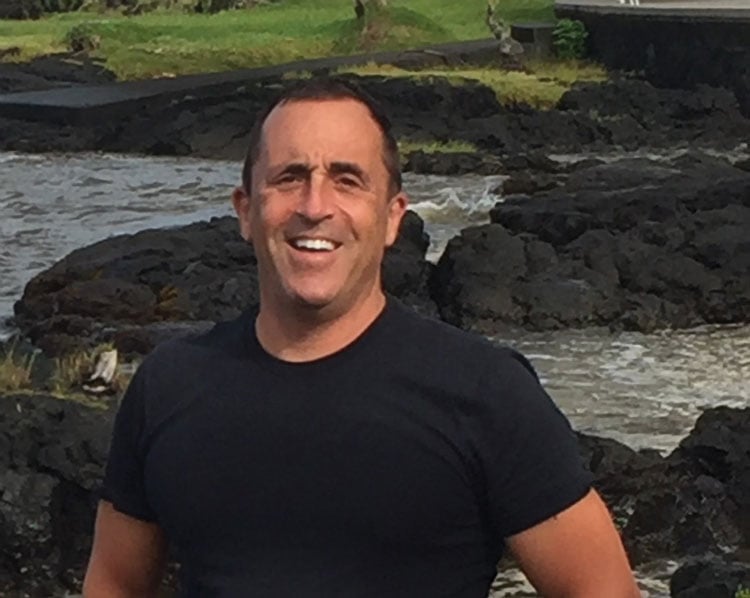10 Questions: Activist-turned-drag queen builds successful careers in law and the arts

Ben Schatz: “People with law degrees are generally people with a bunch of options. Having options is an enormous privilege. Do something intelligent with that.” Photograph by Robin McEntire
You had done some musicals in college, but did you ever seriously consider a career in show business?
I was always torn between being a performer and working for social change. I hadn’t yet realized that I could combine the two in one career.
But you chose activism over show business.
Even as an activist, I was very conscious of the fact that I was playing a role. I was very involved in public policy—I became a so-called expert on AIDS and insurance. And I would do up to 10 press interviews a day. I’d go to work in jeans, and I’d put on my suit and tie to do my best to sound reasonable in the face of hysteria. It was acting even then.
I have to ask: Why drag? Why did you feel it would be more effective to serve up political satire while dressed in women’s clothes? Is it like a sugarcoating for the biting humor?
The music and the comedy are more a sugarcoating than the drag. I see drag as inherently provocative. We are definitely not about creating a stunning visual image —I describe us as female impersonator impersonators. We are not trying to imitate Liza or Cher; we are onstage to challenge our audience and deliver gorgeous a capella harmonies.
The musical parodies you’ve written have won both fans and awards. Tell me about your writing process.
We have two types of songs: originals and parody. With a parody, I’ll hear a song and a twist of the lyrics will worm its way into my brain, and I can’t turn it off until I write it down. My goal is to come as close as I can to the original lyrics and rhyme scheme, but to turn it on its head as much as I can. The process of writing an original song is entirely different. Every couple years, I think I’ve written my last song ever—I don’t have it anymore. Then I’ll put myself into some sort of self-imposed isolation for a few weeks, and I’ll come up with several new songs.
Has the Trump presidency been a boon to your creative process?
Yes, but I’d rather have a different president and struggle with a lack of inspiration! I had been counting on retiring, and then Trump got elected. The Kinsey Sicks are entering our 25th year. We were formed at the darkest days of the AIDS crisis. We wanted to poke fun at those who were delighted by our decimation. I feel the same sense of foreboding with the Trump phenomenon and its pernicious and terrifying philosophy as I did back then. I wrote Things You Shouldn’t Say, the show we’re currently touring with, out of anger, frustration, fear and fury.
How have audiences been responding to the show?
We get standing ovations during the show and at the end. And not just in New York and California. Some of our most meaningful performances have been in places like Whitefish, Montana, Idaho Falls and Lubbock, Texas. It’s because we’re hilarious, completely authentic and original, and we sing stunningly, if I may say so myself. People often tell us they love us, even though their politics are different. As a performer, I’m thrilled. But as a writer, I think, “Were you even listening?”
This article was published in the June 2018 ABA Journal magazine with the title "Playing Both Sides: Once torn between practicing law and the performing arts, this activist-turned-drag queen has built successful careers doing both."



